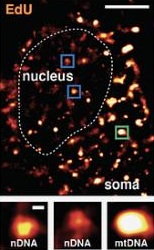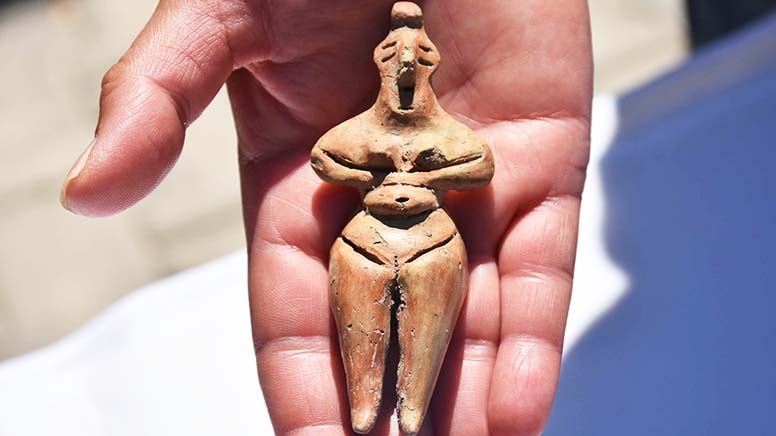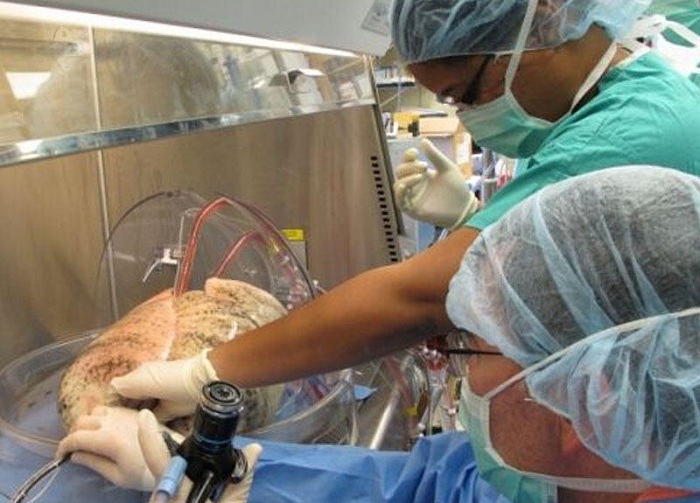
06.04.2021 15:40
- A-
- A
- A+
A mechanism to fight aging has been discovered in the human brain
Scientists at the Salk Institute for Biological Research (USA) have found a mechanism in the nerve cells of the human brain that protects them from aging and damage.
In this way, they compensate for the lack of DNA replication and thus are the longest-lived cells.
It is known that neurons are able to repair damage in the genome by maintaining their function throughout human life. At the same time, the effectiveness of genetic reproduction begins to decline with age, which explains the high risk of neuro-degenerative diseases in humans with age.
Similar News
Links
LAST NEWS



 Elm TV
Elm TV
 Photo
Photo
 Video
Video





